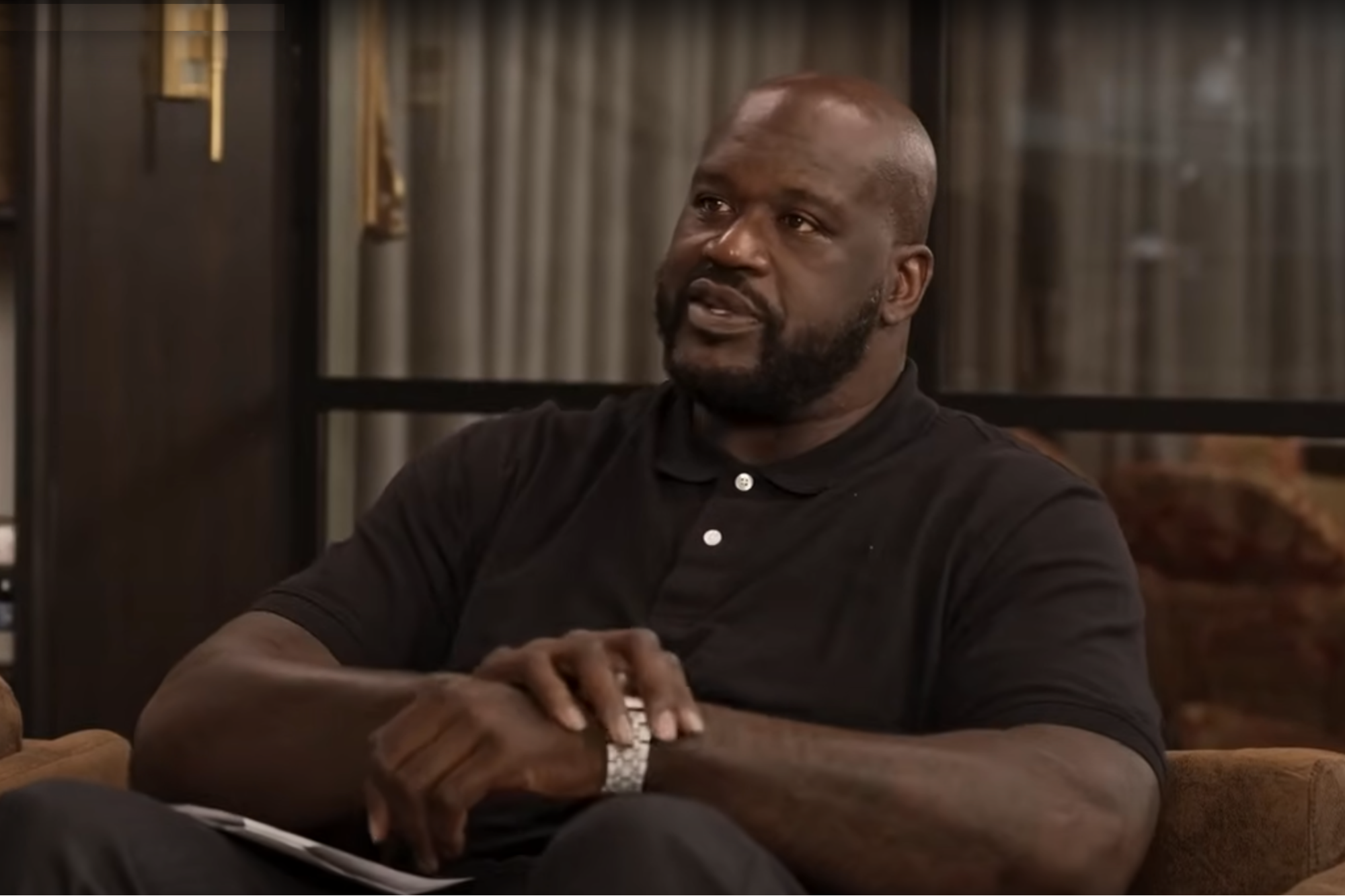The Defense Department Wants to Spin Off the NSA An independent NSA could free up DOD resources for more cyberattacks, assuming they can find enough programmers.
By Tom Brant
This story originally appeared on PCMag

Secretary of Defense Ash Carter wants his agency to loosen its ties with the National Security Agency, but admits that it's no easy task.
Speaking at the TechCrunch Disrupt conference in San Francisco yesterday, Carter said the NSA and the Department of Defense are facing a shortage of talented programmers, the same problem many Silicon Valley entrepreneurs have grappled with for years.
"There just haven't been enough people to go around," Carter said, adding that there is no timeline for separating the two agencies, nor a concrete plan for attracting the right mix of civilian contractors and military personnel to staff an independent cybersecurity agency.
The NSA currently shares its director and many other resources with the Defense Department's U.S. Cyber Command. The Obama administration first floated a plan to separate the two in 2013, when Edward Snowden exposed the NSA's worldwide spying apparatus in leaked documents. Keith Alexander, the NSA's director at the time, mothballed the plan.
But Carter is now advocating anew for a split, with the support of current NSA director James Clapper. Though he hasn't said as much publicly, Carter is rumored to be building Cyber Command into a full-fledged fighting force that has its own network accesses to conduct cyber attacks on American enemies, according to the Washington Post.
At the same time, he is also advocating strong encryption for the U.S. government and private citizens to protect against similar attacks from abroad. He stopped short of saying that encryption should be a fundamental right, but today's remarks were the latest of several overtures to Silicon Valley over the past few years to push for the government and tech companies to work together on cybersecurity.
"I think there are ways to [achieve stronger encryption], but I don't think there's one way that's going to be invented by the government," he said.











